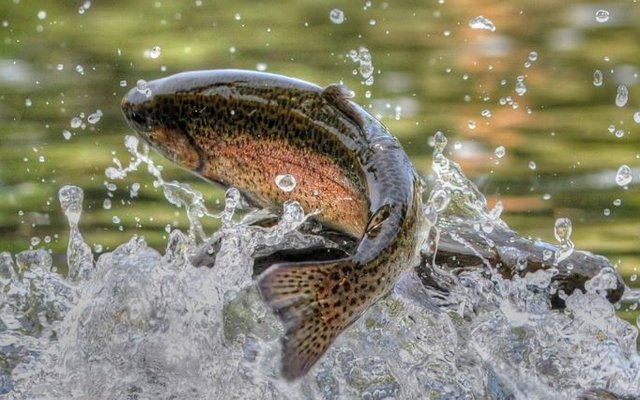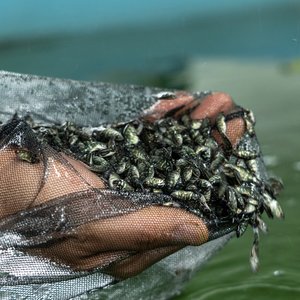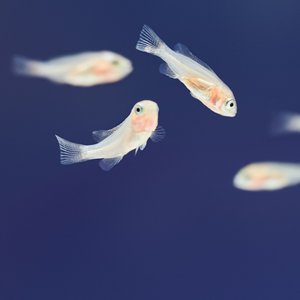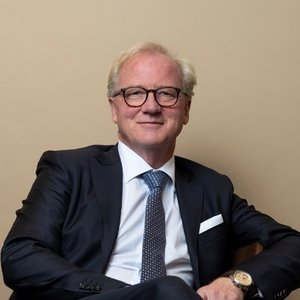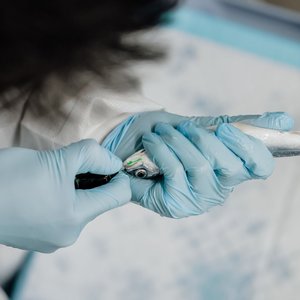Disease in the larval and brood stages of fish constitutes a significant bottleneck in fish production and causes large economic losses in the industry. Fish fry cannot be vaccinated and antibiotics are therefore often used in the treatment of diseases. This entails a risk of the development and transfer of antibiotic resistance, which partly reduces the effectiveness of the treatment and partly increases the risk of the spread of antibiotic resistance to food and the environment.
In a project coordinated by Professor Mathias Middelboe from the University of Copenhagen, researchers from two universities in Denmark are collaborating with aquaculture and biotech companies in Denmark, England and Scotland to develop a new environmentally friendly technology for the treatment of bacterial diseases in trout farming. The starting point for the project is to use the bacteria's natural enemies, the bacteriophages, in the fight against pathogenic bacteria in aquaculture.
“Our research into bacteriophage-based control of fish diseases has shown promising results in recent years,” said Middelboe. “The Innovation Fund, together with Carus Animal Health and a number of other Danish and British companies, have invested just over 20 million DKK (USD 3.2 million) in taking the next step in the development of antimicrobial products that can reduce disease outbreaks in trout rearing.”
The products are thought to be used preventively as feed supplements or applied to biological filters in recirculated breeding facilities. As the diseases in question are globally widespread and have major negative consequences for the industry throughout the world, products that reduce fish mortality and support sustainable production have great commercial potential. The goal is therefore that the project's results can contribute to phasing out the use of antibiotics in the aquaculture industry and contribute to sustainable development and restructuring of the sector.
The project is a collaboration between the University of Copenhagen, the Technical University of Denmark, the Danish Technological Institute, DanAqua, KSK Aqua, Aller Aqua, Carus Animal Health and Fixed Phage and will run for three years.


